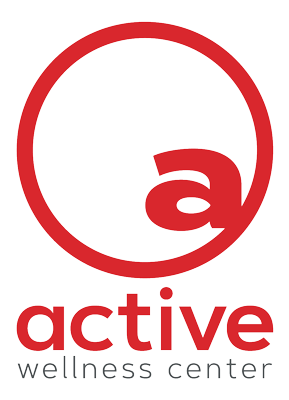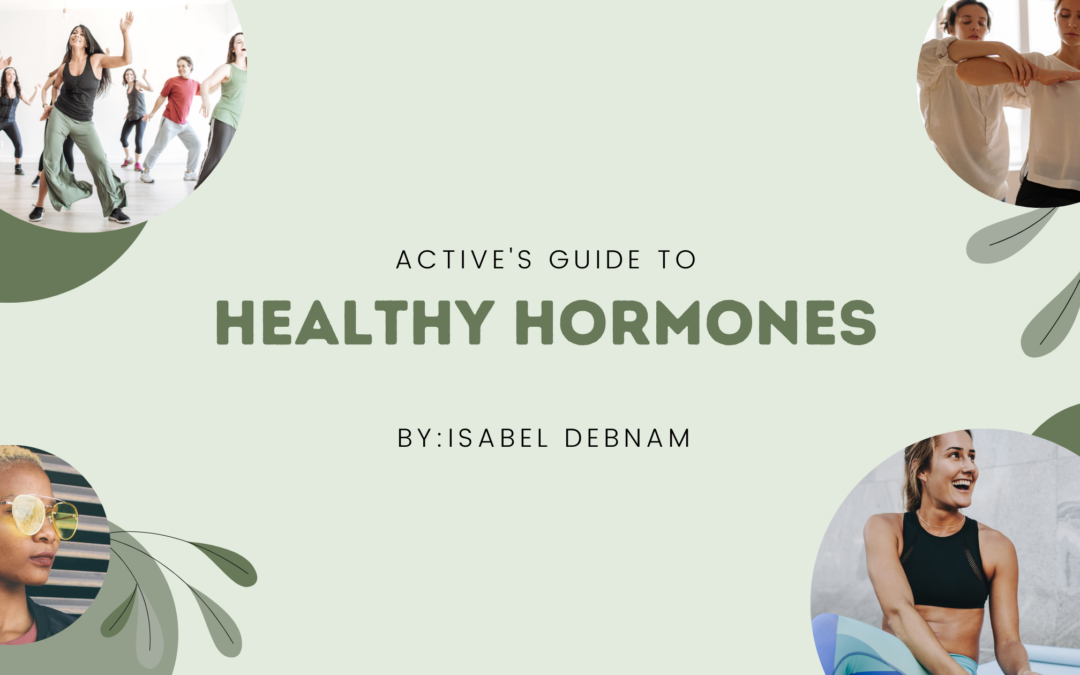What are hormones and what do they do?
Hormones are molecules that help regulate processes in your body, which ultimately impacts the function of pretty much everything – digestion, development, behavior/mood, etc. Think: cortisol, insulin, estrogen, progesterone and thyroid hormones – to name a few. To cut right to it, you absolutely cannot have hormones without nutrients. Nutrients are both the building block of hormones and the driver for processes involved in producing hormones. Hence why a balanced diet is the go-to (and seemingly over-stated, yet very relevant) recommendation from any dietitian.
What impacts hormone balance?
Since hormones impact how our body functions, it’s important that we make adequate hormones and keep them in proper balance in our body. When hormones are out of balance, you’ll feel it. Fatigue, headaches, mood changes, poor sleep, and digestive issues are just a few of the ways an imbalance might show up. So, what causes hormones to be out of balance? The simple answer is stress on your body – not just mental stress, but physical stressors. This is because your body utilizes nutrients differently when stress is present. For example, nutrients like sodium, potassium and magnesium tend to be in greater demand under stress (which you may not be supplying adequately through your diet). This lack of adequate nutrients can impact hormones like progesterone, testosterone and thyroid which often tend to see a drop. Downstream, other hormones and nutrients will be affected, and so on.
Things that can be a source of stress:
- Poor sleep. This is when your body does a ton of recovery. If you can’t recover, you’re already starting behind.
- Poor digestion. It doesn’t matter how healthy your diet is if you aren’t absorbing the nutrients needed to make, convert and utilize hormones.
- Blood sugar imbalance. If your blood sugar isn’t balanced, it’s impossible to keep hormones balanced. When blood sugar is low, cortisol is released to help regulate this. If cortisol is constantly spiking, your body will prioritize it, and neglect other hormone production.
- Supplementation (aka isolating nutrients). Everything is synergistic in your body – nothing works in isolation. So, if you’re supplementing with one nutrient, it’s more than likely impacting another nutrient and eventually, your hormones.
- Under/over eating. This has to do with blood sugar regulation and nutrient balance.
- Poor liver function. One of the liver’s main functions is to filter/break down hormones. If the liver is not functioning properly, it’s very difficult for your body to metabolize and use hormones properly.
- Toxins. This impacts liver function, among other things.
- Over/under exercising.
How can you support healthy hormones?
- Balanced blood sugar. Eat enough, eat regularly and make sure your meals are well balanced with protein, fats and carbs.
- Manage stress. Prioritize sleep and do the things that you know reduce your stress levels (easier said than done, I know). If you can reduce stress, you can better manage how your body uses nutrients.
- Optimize digestion. This can look different for everyone, but some general tips include chewing your food well, sitting down to eat, going for a walk after meals and cooking hard-to-digest foods well. For more personalized tips, I suggest meeting with a dietitian.
- Eat more nutrient-dense foods. When I say nutrient-dense, I mean foods that essentially give you more bang for your buck. Some examples include:
- Organ meats (often referred to as nature’s multivitamin; rich in B vitamins, bioavailable copper, vitamin A)
- Fruits (provide whole food vitamin C and other minerals)
- Shellfish (rich in selenium, zinc, iodine)
- Cooked leafy greens (calcium, magnesium, etc.)
- Dairy (good source of calcium and vitamin A)
- Bee pollen (B vitamins and bioavailable copper)
- Nutritional yeast (B vitamins)
- Coconut water or aloe juice (potassium)
- Starchy veggies (potassium and fiber-rich, slow burning carbs)
- Animal proteins in general (bioavailable protein source, B vitamins, etc.)
The bottom line is, if you recognize that you have symptoms of hormonal imbalance, it’s likely related to stress of some kind. Hormonal imbalances can get tricky, however, and it’s never as simple as just taking a supplement (in fact, I would recommend against blindly taking supplements). This is where working with someone can be helpful. Whether or not you choose to work with a practitioner, you can always get started by focusing on supporting your body with nutrient-dense foods and reducing known stressors!

Isabel Debnam
Registered Dietitian
This post was written by Isabel Debnam, a Registered Dietitian supporting the nutritional needs of Active Wellness Center at Petaluma and Napa, managed by Active Wellness.

